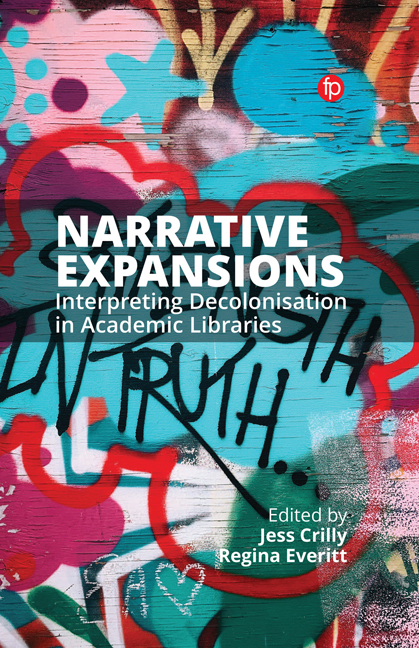10 - Opening Spaces for Creative and Critical Enquiry
Published online by Cambridge University Press: 28 January 2022
Summary
Preamble
A lot of thought has gone into how to write this book chapter – partly in terms of content, but primarily in relation to the awareness that, as three collaborating authors, we are all different in terms of how we approach what we do. We acknowledge that, while our aims and motivations in doing what we do connect and are similar, one of the greatest strengths (and, at least potentially, challenges) lies in the different perspectives and knowledges we bring to planning, developing and delivering workshops. This in itself is not a challenge, our co-operation developing organically and synergistically to take full advantage of what we each bring to the work we do. The challenge presents itself when considering how to share our practice(s) with others in the form of a co-written book chapter! There is a tendency for co-written texts to be presented as a singular, unified voice. When discussing how to write this chapter we realised this was not how we wanted to proceed. Instead, we recognised the need to write in a way that mirrored how we work together: disparate voices and perspectives that complement each other.
To some extent, we want our text to illustrate the overarching objective of decolonising – that of questioning the validity of a universally relevant and approved theory or system, by recognising and truly valuing different voices. We are all too aware of the ‘conventions’ of academic writing, but equally, if not more, aware that this is exactly the kind of thing we are challenging when we talk about the need to decolonise. Decolonisation is not only about diversifying library collections, reading lists and course curricula (although this is absolutely necessary), and it's also not only about highlighting how limited and limiting canons of knowledge are (again, this is much needed). It's about recognising and decrying how the very fabric of our system of education, and of society as a whole, not only values one way above others but also presents this as the way, with other ways disregarded or ignored – excluded.
The way we approach our practices, and the workshops detailed below, is shaped by this belief in inclusivity and the need to engage with different knowledges. They come from a place of curiosity and interest, a belief in social justice as a key tenet of our roles and in response to conversations with peers and students.
- Type
- Chapter
- Information
- Narrative ExpansionsInterpreting Decolonisation in Academic Libraries, pp. 139 - 152Publisher: FacetPrint publication year: 2021



